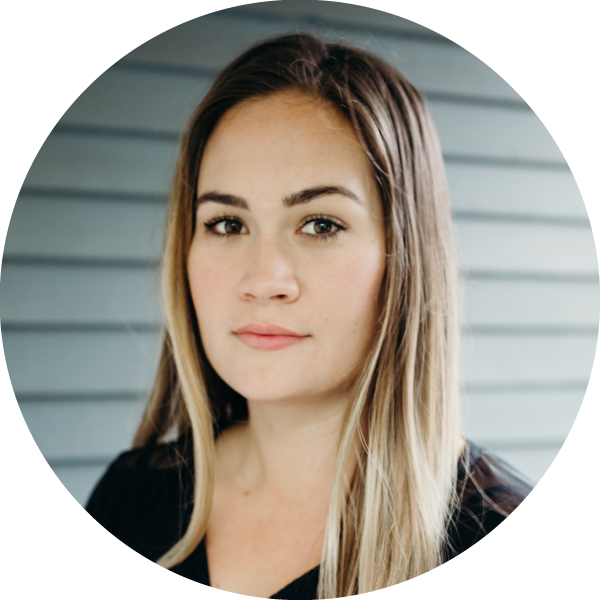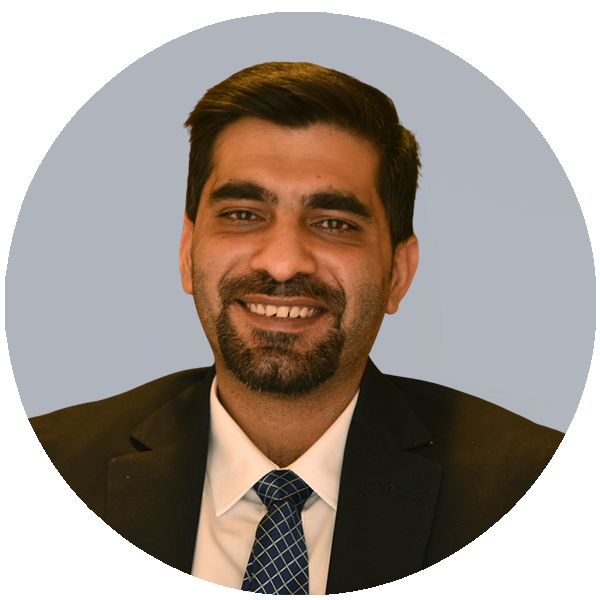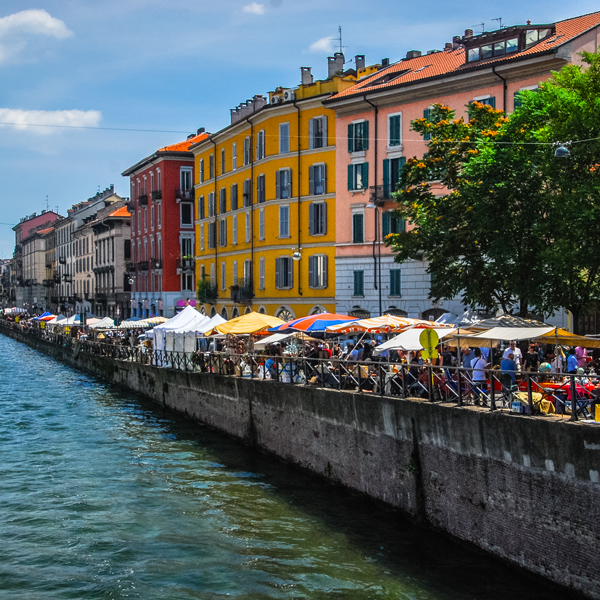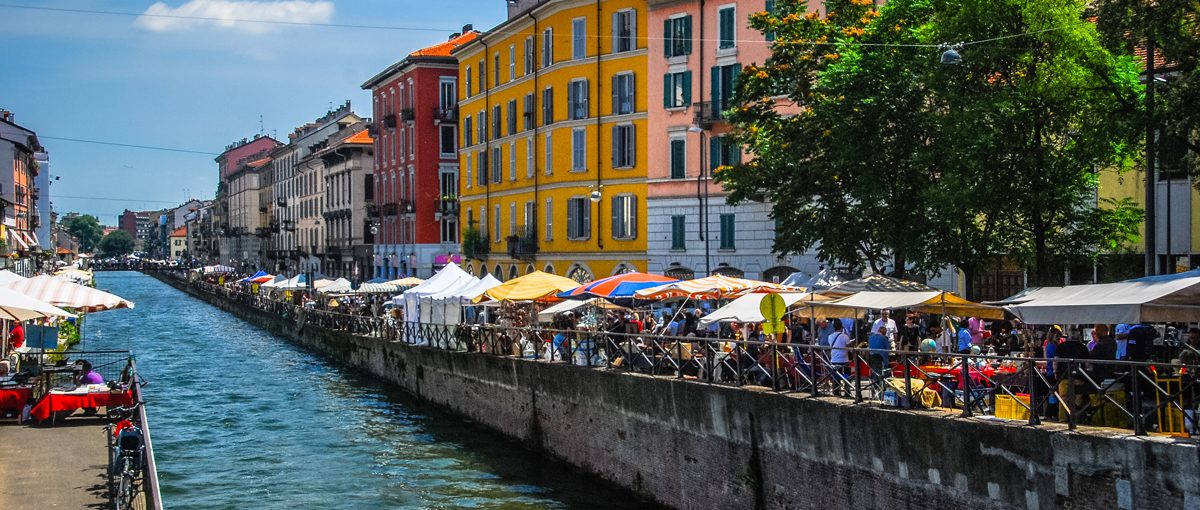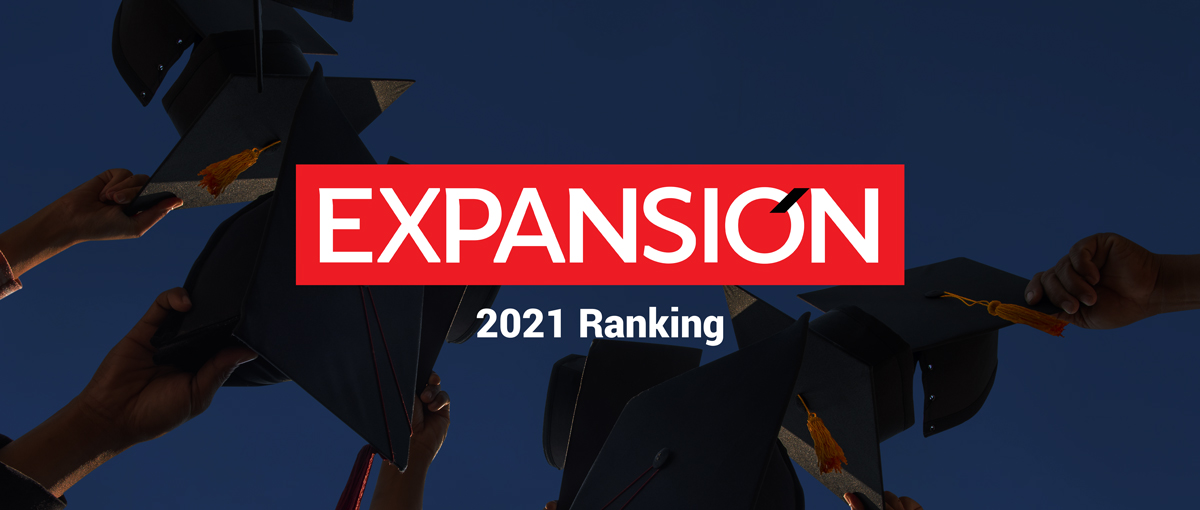
What is your why?
It is an easy answer for some, but for me and some of my colleagues it has been a longer journey to discover it. The definition itself is subjective, from your drive towards your career, or your raison d’être. Some of us separate our professional why from our personal why, or we have one guiding point for our lives. Before entering the International MBA program at MiP, I had an idea of what I wanted, and I knew a degree could help me get there because I wanted to change from the technology sector to the luxury market. However, I could not precisely describe what I wanted to do once I got there. For many of us, including me, higher education has helped us to get to our why and define what it is.
Exposure to new perspectives
One of the most important things that higher education has to offer is the exposure to new perspectives. You are immediately immersed into a new ecosystem of people, from your classmates, to teachers, tutors, and administrators. Each person brings a background and experience different from your own, opening your mind to possibilities you may not have considered. I am fortunate to learn not only from my experienced teachers, but also my international colleagues.
New Subjects
There are always new subjects to take advantage of in any program. I knew I wanted to take more marketing classes because that was a general interest of mine, but I didn’t know how applicable omni-channel marketing would be. Exposure to different topics can help narrow your focus or lead you down the path to your why.
Emerging Trends
Because higher education provides the opportunity to focus on research, its participants are usually the first to notice emerging trends. This is a huge benefit to students as we get to learn these trends as they are happening and apply that to our knowledge in the professional world. We’re on the brink of the fourth industrial revolution, and I have discovered how important that will be in my future career.
Innovation
Putting all the previous pieces together, in higher education you get the opportunity to innovate. With a cohort of new perspectives, learning new topics and emerging trends, you can collaborate with your colleagues and invent new solutions to current problems. These could be problems you’ve been looking to solve, or ones you didn’t know existed before. Some of the best ideas started at universities (including MiP!), because they create the perfect environment to pioneer new ideas and inventions.
Finding your Why
Choosing to continue your education can be a huge decision based on finances, location, time, personal life, and many other factors that vary from person to person. It was not a decision I took lightly, to move my entire life to another country for at least a year. Many of my colleagues moved their whole families, or are living long-distance from their partner, and left their jobs to pursue higher education. The benefit of all these choices is that we are coming closer to defining and achieving our goals. If I didn’t know my why before, I have a much stronger definition now.
About the author
|
|
Chelsy Greenman
I’m a current International Full-Time MBA student, originally from the United States. I’m enthusiastic about brand management and customer experience, particularly in the luxury industry. Yogi, WSET3, and art museum connoisseur. I love creating memorable occasions, one customer at a time. |

